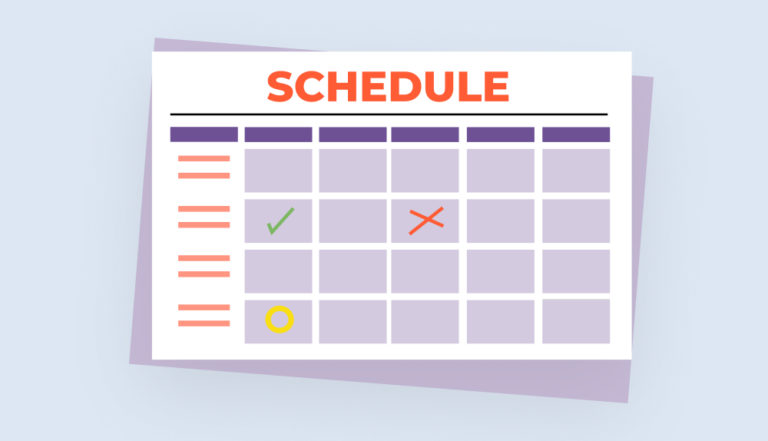
Without a doubt, establishing plans and creating timetables is essential for success. If you want to accomplish your goals, you will need to have some degree of principle. Still, a lot of individuals seem to hate the thought of being too planned or overscheduled. Why is it that people despise schedules so much yet it is not in our nature to dislike norms or patterns—in fact, it may be what we aspire to? In today's blog post, I'll answer that question from a psychological standpoint.
While trying to reach your goals is actually rather simple, there are still some obstacles to overcome when you actually put it into practice. This simplicity alludes to the act of doing the work as opposed to merely thinking about it every day. This is how it functions: You're determined to accomplish your objective. You have a time limit; for instance, it could take you weeks, months, or even years to finish a task. As such, you have a goal and a deadline. You plan to act in order to accomplish those goals within the time frame that has been given to you.
It's as easy as that, yet a lot of people misinterpret it, which makes them put things off. After months of waiting, they find that they have wasted time and achieved nothing. That makes sense—schedules are something we generally hate. Why? Because the first mistake we make when considering adhering to a timetable is to think of it as something like a prison.
It isn't even a prison! All it does is budget your time based on your needs and eliminates the chance that you will squander time that you will never get back. It won't stop you from trying or being creative. What substitutes do people make use of? They convince themselves, "I need to complete this, this, and that!" since they have a few jobs to finish. and they keep doing it without realizing how essential time is!
We don't like timetables because we don't think of them as adaptable structures that are there to help us. What do most people think timetables are? They are just a tool to help us, isn't that right? Sometimes, when making schedules, people critique themselves severely and blame the idea of making schedules for the weekdays. This happens for no obvious reason. If you schedule your days in advance, you'll discover that each day is spent in a way that brings you one step closer to reaching your aspiration of becoming successful in life!
Telegram and Whatsapp